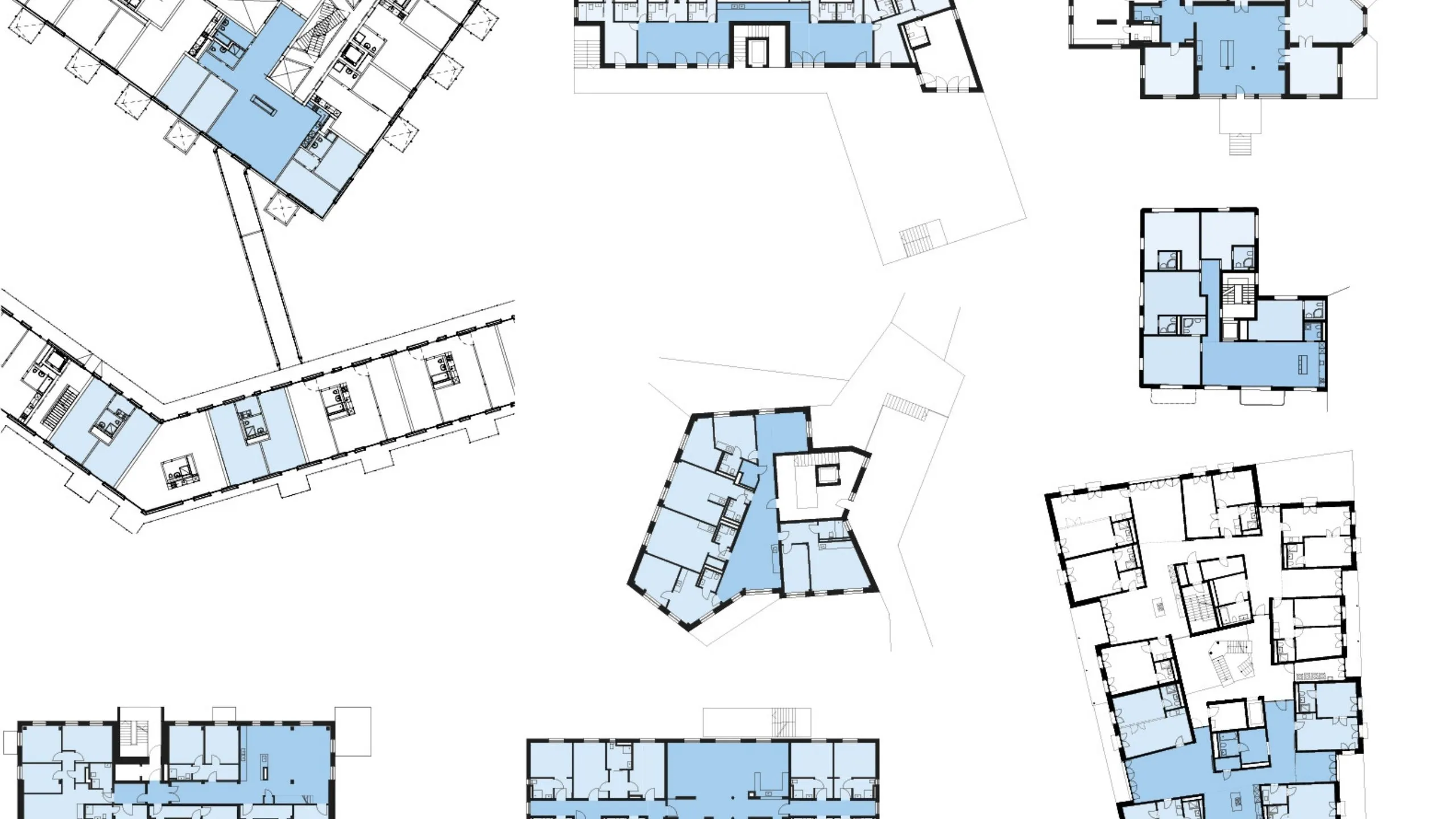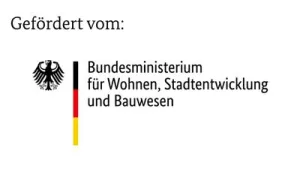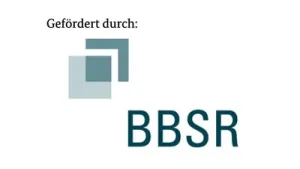Cluster Living: Cluster Housing for Structurally and Socially Adaptable Housing Concepts for Resilient Urban Development
New forms of housing in the context of demographic and social change.

In the recommendations of the Building Cost Reduction Commission (BMUB 2015), micro-apartments with communal facilities are recommended for city centre locations, among other things, in order to "provide living space in line with the market and rents. It should be possible to combine and/or separate residential units at a later date".
The "cluster flats" research project focussed on investigating a new type of flat that combines micro-apartments and shared apartments and offers space for a variety of living models. Based on a comprehensive survey of cluster flats in Germany, Austria and Switzerland, eight case studies were analysed using quantitative and qualitative methods to compare the following aspects:
1. project development, financing and legal forms,
2. planning processes, structural realisation and space efficiency,
3. letting, inclusion and organisation of cohabitation,
4. spatial appropriation, subsequent utilisation or conversion and resilience.
The results show that cluster housing enables new qualities of living that are highly adaptable to changing and special housing needs such as assisted or elderly-friendly living. The simultaneous consideration of needs for individuality and community promotes the sharing of space and things in communal living. Cluster living thus reduces the need for resources and living space. At the same time, it offers "spatial opulence" with a wider range of uses. The case studies show how a wide variety of housing options can be provided at affordable rents.
Cluster housing thus provides important impetus for the design of sustainable and resilient urban neighbourhoods. Based on these results, recommendations for action were formulated for players in the housing industry, local authorities and project developers with regard to transferability and scaling in the housing industry.
The project was carried out in co-operation with the University of Applied Sciences Berlin (HTW Berlin), Prof. Dr-Ing. Susanne Rexroth.
A compact version of the research results was published in February 2020 in the publication series Zukunft Bauen: Forschung für die Praxis of the Federal Institute for Research on Building, Urban Affairs and Spatial Development (BBSR).


Project management
Project management
Project management
- Prof. Dr.-Ing. Susanne Rexroth (HTW Berlin)
Employees
Participant
Participants
- Dr phil. Dipl.-Ing. Jens Manuel Lutz
- Friedrich May (HTW Berlin)
- Nele Trautwein
